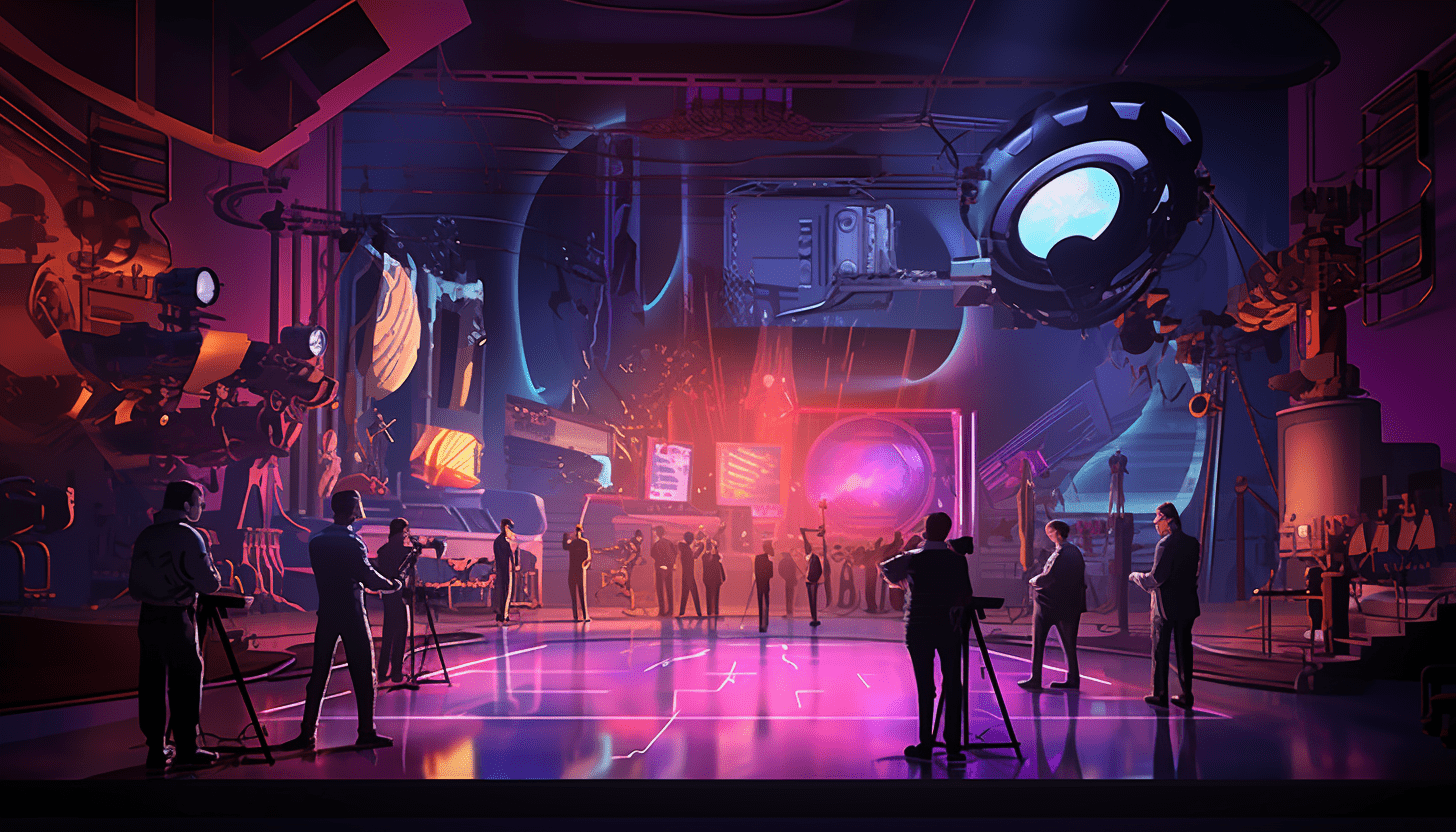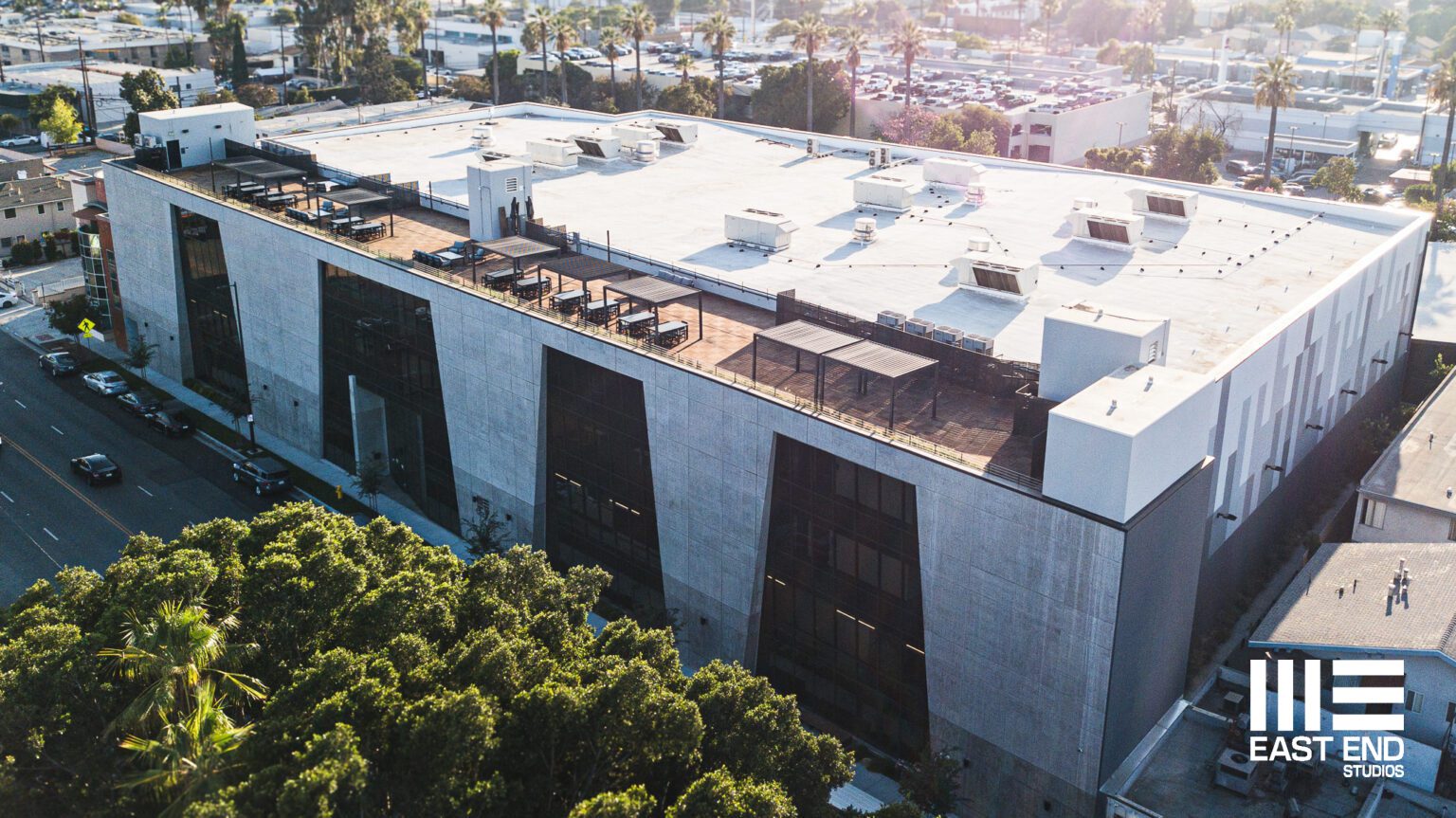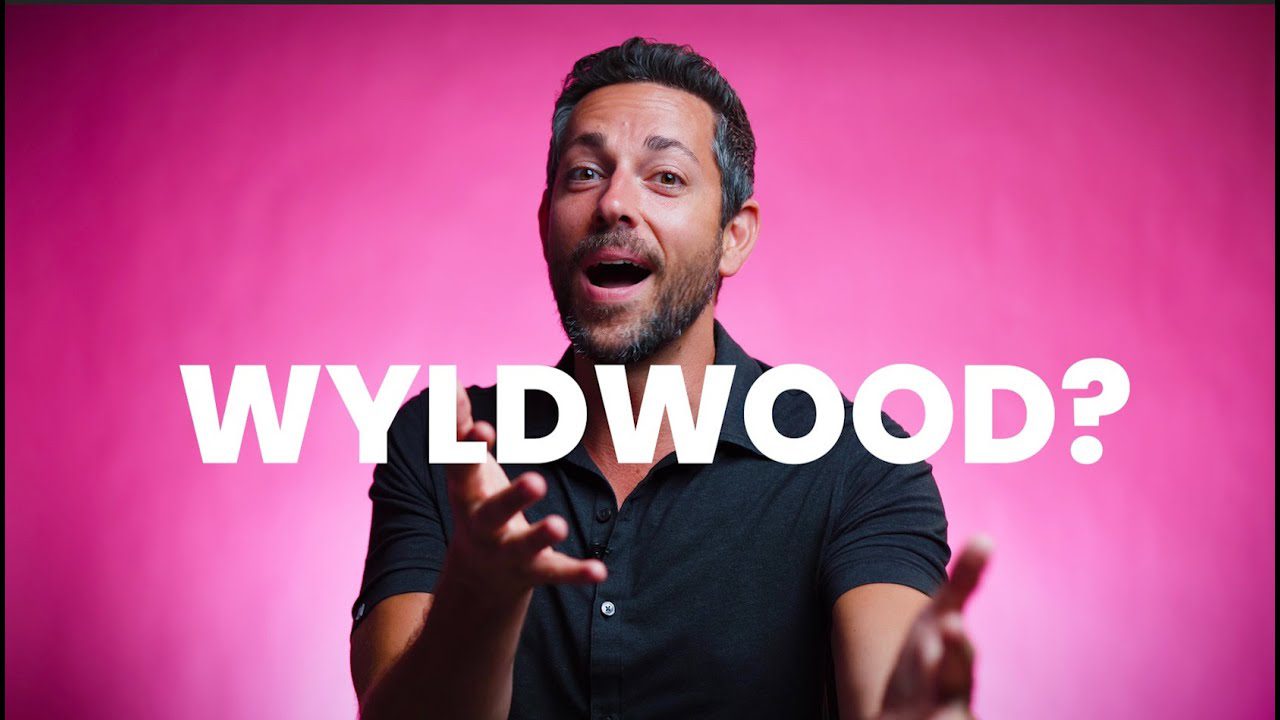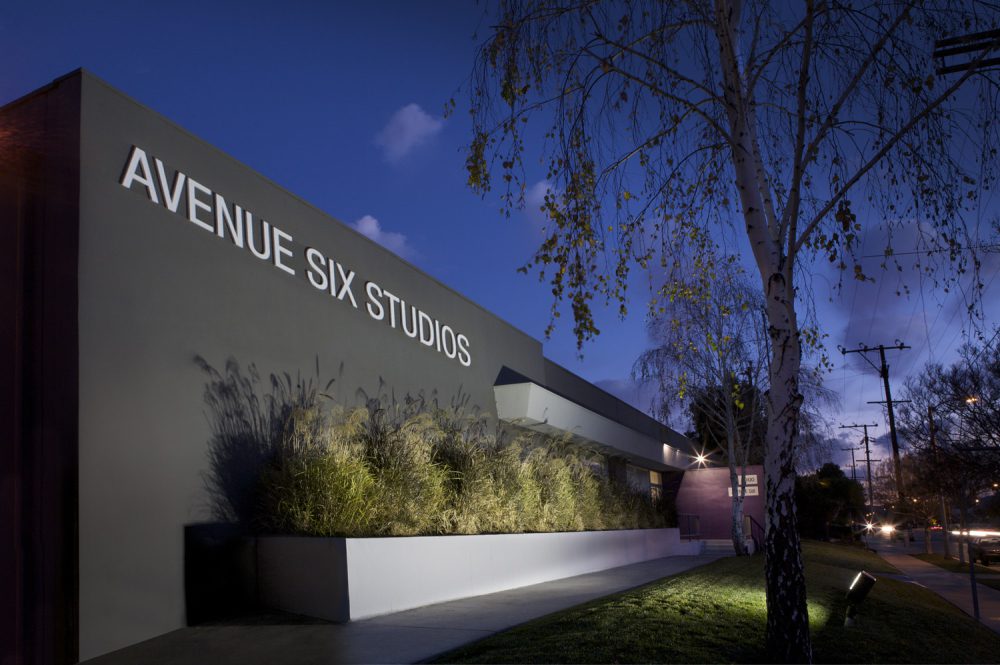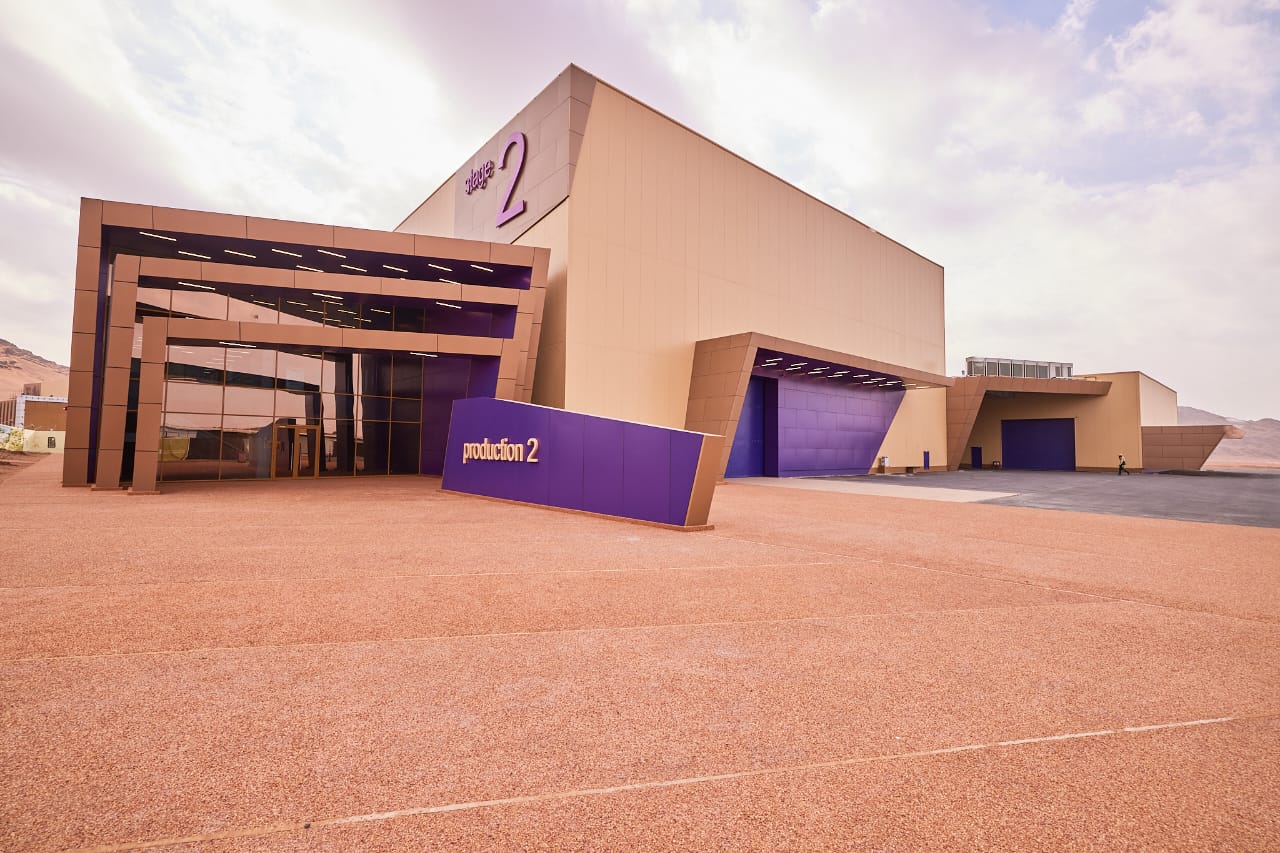The entertainment industry is experiencing a significant transformation with the infusion of artificial intelligence (AI) technologies. In recent years, venture capitalists (VCs) and private equity firms have invested millions in startups that leverage AI to revolutionize film and TV production. These companies aim to reduce production costs and streamline the creation of special effects. From de-aging actors to restoring old films, AI tools have shown immense potential to reshape the way TV shows and movies are made. This article explores the key startups leading this AI-centered disruption in Hollywood.
Runway – Empowering Creatives with Advanced Video Editing Tools
One of the leading AI startups in the entertainment industry is Runway. This well-funded company recently secured $141 million in Series C funding, bringing its total funding to $237 million. Runway’s cutting-edge video editing software has found applications in various fields, including entertainment, advertising, and media. Its powerful tools allow users to manipulate videos, replace objects, and change colors, making content creation more accessible and efficient. Studios and production companies, such as Harbor Picture Company and The Mill, have embraced Runway’s technology to enhance their productions.
Deep Voodoo – Pioneering Deepfake Technology
Deep Voodoo, founded by Trey Parker and Matt Stone in 2017, emerged as a game-changer in the realm of deepfake technology. Initially developed for a feature film, their deepfake tools garnered significant attention when used in an acclaimed Kendrick Lamar music video. The startup pivoted during the pandemic, focusing on creating deepfake tools for the industry. In December, Deep Voodoo secured a $20 million investment from Connect Ventures, a partnership between CAA and VC firm NEA. The funding will drive the development of more advanced deepfake technology, visual effects services, and synthetic media projects.
MARZ – Reviving Old Films and Enhancing VFX
Toronto-based MARZ (Monsters Aliens Robots Zombies) stands out as a leading VFX studio, responsible for enhancing the visual effects in popular productions like Marvel’s “WandaVision” and Netflix’s “Shadow and Bone.” In a Series A round in 2021, the company raised approximately $5 million, further solidifying its position in the market. MARZ’s projects include the creation of Thing, the iconic disembodied hand in Netflix’s “Addams Family” spinoff “Wednesday.” Besides its core VFX services, MARZ is developing tools to fix poorly synchronized dubbing, aiming to improve the content translation process and boost media companies’ global growth.
Wonder Dynamics – Enabling Low-Cost Visual Spectacles
Founded by actor Tye Sheridan and VFX expert Nikola Todorovic, Wonder Dynamics aims to democratize visual spectacles in film production. The company raised $9 million in a Series A round in December 2021 from notable investors like Epic Games and Samsung. Their AI and VFX platform, Wonder Studio, allows artists to create films with CGI characters at a lower cost. The platform has already been adopted by renowned directors, such as the Russo Brothers, for their upcoming film “Electric State.”
Neosapience – Elevating Voiceovers and Virtual Actors
Korean startup Neosapience specializes in AI voice services, offering the Typecast platform, which transforms written text into lifelike human-sounding voices. With a recent fundraise of $21.5 million, the company is expanding its operations to the US. Neosapience envisions providing voiceovers for documentaries and AI actors for Hollywood productions, opening up opportunities for personalized content in the entertainment industry.
Metaphysic – Enhancing Special Effects at Lower Costs
Metaphysic, based in London, made headlines with its viral Tom Cruise deepfakes on TikTok. The startup raised $7.5 million from investors like Section 32 and 8VC. Metaphysic’s AI technology significantly reduces the cost of special effects, making them more affordable for filmmakers. The company’s partnership with talent agency CAA further enhances its development of generative AI tools and services for Hollywood projects.
Papercup – AI-Powered Dubbing Platform
Papercup, a UK-based startup, addresses the high cost of translating TV shows and films with its AI-powered dubbing platform. The company has raised around $30 million and worked with prominent clients such as Fremantle, Jamie Oliver, and Bloomberg. Papercup plans to refine its voice technology to support more languages and diverse types of content, ensuring seamless and persuasive dubbing for global audiences.
Deepdub – Pioneering AI-Powered Dubbing for Foreign-Language Content
Deepdub, headquartered in Tel Aviv, is capitalizing on the growth of foreign-language content by utilizing generative AI for dubbing movies and TV shows. The startup raised $20 million in a Series A round led by Insight Partners. Deepdub made history by dubbing an entire feature film into Latin American Spanish using AI and has partnered with platforms like Topic.com to expand its services into other industries outside entertainment.
Respeecher – Cloning Voices of Legendary Actors
Ukrainian startup Respeecher uses AI and archival recordings to clone the voices of past actors for movies and video games. Notably, they de-aged James Earl Jones’ voice for Darth Vader in the Disney+ series “Obi-Wan Kenobi.” The company also remade Richard Nixon’s voice for the Emmy-winning short documentary “Event of Moon Disaster.” Respeecher is gaining recognition for its AI voice bank, Voice Marketplace, which allows users to adjust converted speech voices and accents.
ElevenLabs – AI-Based Text-to-Speech Technology
ElevenLabs, a London-based startup, focuses on text-to-speech technology, catering to creative sectors like AI radio, audiobooks, and video game character voicing. With recent funding of $19 million, the company plans to launch an AI dubbing tool later in the year, catering to the filmmaking industry and other creative markets.
As AI technology continues to evolve, startups in the entertainment industry are capitalizing on its potential to transform film and TV production. From advanced video editing to lifelike dubbing and deepfake technology, these companies are redefining how content is created, making it more accessible, cost-effective, and captivating. While concerns about AI taking over jobs persist, these startups believe that AI will augment creativity and ultimately lead to more job opportunities by streamlining production processes and expanding possibilities for artists and filmmakers. As the industry continues to explore the vast potential of AI, Hollywood and other industries are poised for a groundbreaking revolution in content creation.

